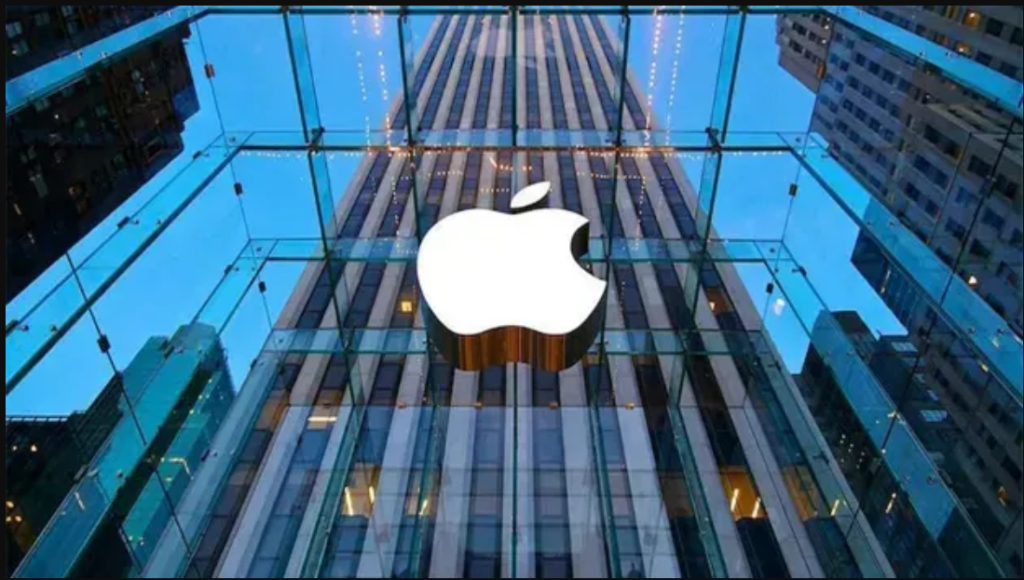Apple has been banned from selling the iPhone 16 in Indonesia.
The Indonesian government said Apple hasn’t met a requirement for 40% of parts to be sourced locally.
Apple’s share of the Indonesian market has grown to around 10% in recent years.
The Indonesian government has blocked Apple from selling its latest iPhone 16 in the country because it does not meet local regulations.
The latest iPhone, launched in September, has not passed the Southeast Asian nation’s requirement that 40% of the material in smartphones and tablets sold nationally come from Indonesian producers. The policy is intended to protect domestic manufacturers and attract foreign investment.
Indonesia’s Ministry of Industry said in a statement on Friday that iPhone 16s cannot be imported for sale as Apple has yet to fulfill its investment commitment to obtain “local content level” certification.
The ministry said 9,000 iPhone 16 products had already entered the country. It added that it would monitor the circulation of the devices and warned that if traded, the products would be classed as illegal.
Apple’s older products can still be sold in Indonesia, and visitors can use the iPhone 16 for personal use.
Earlier this month, the Ministry of Industry said that Apple’s investment of Rp1.5 trillion ($95 million) was still short of its Rp1.7 trillion commitment, the FT reported.
Apple has already built four developer academies in Indonesia. In April, CEO Tim Cook said that the company was investigating the feasibility of establishing local manufacturing facilities as it diversifies production away from China.
With over 280 million citizens, Indonesia is the world’s fourth most populous nation and a growing market for Apple.
The iPhone maker saw a 6% year-on-year increase in its share of the premium smartphone market in Indonesia and now makes up 40% of sales of smartphones costing more than $600, according to Counterpoint, a technology market research firm.
However, overall sales in Indonesia remain low compared to global levels, meaning the ban is unlikely to significantly dent Apple’s sales. Of the 235 million smartphones Apple sold globally last year, the company only sold about 3.4 million in Indonesia, the FT reported.
Apple did not immediately reply to a request for comment, made outside normal working hours.
It comes at the start of a big week for Apple, in which it reports earnings and is expected to introduce software and hardware updates, including its Apple Intelligence features.



